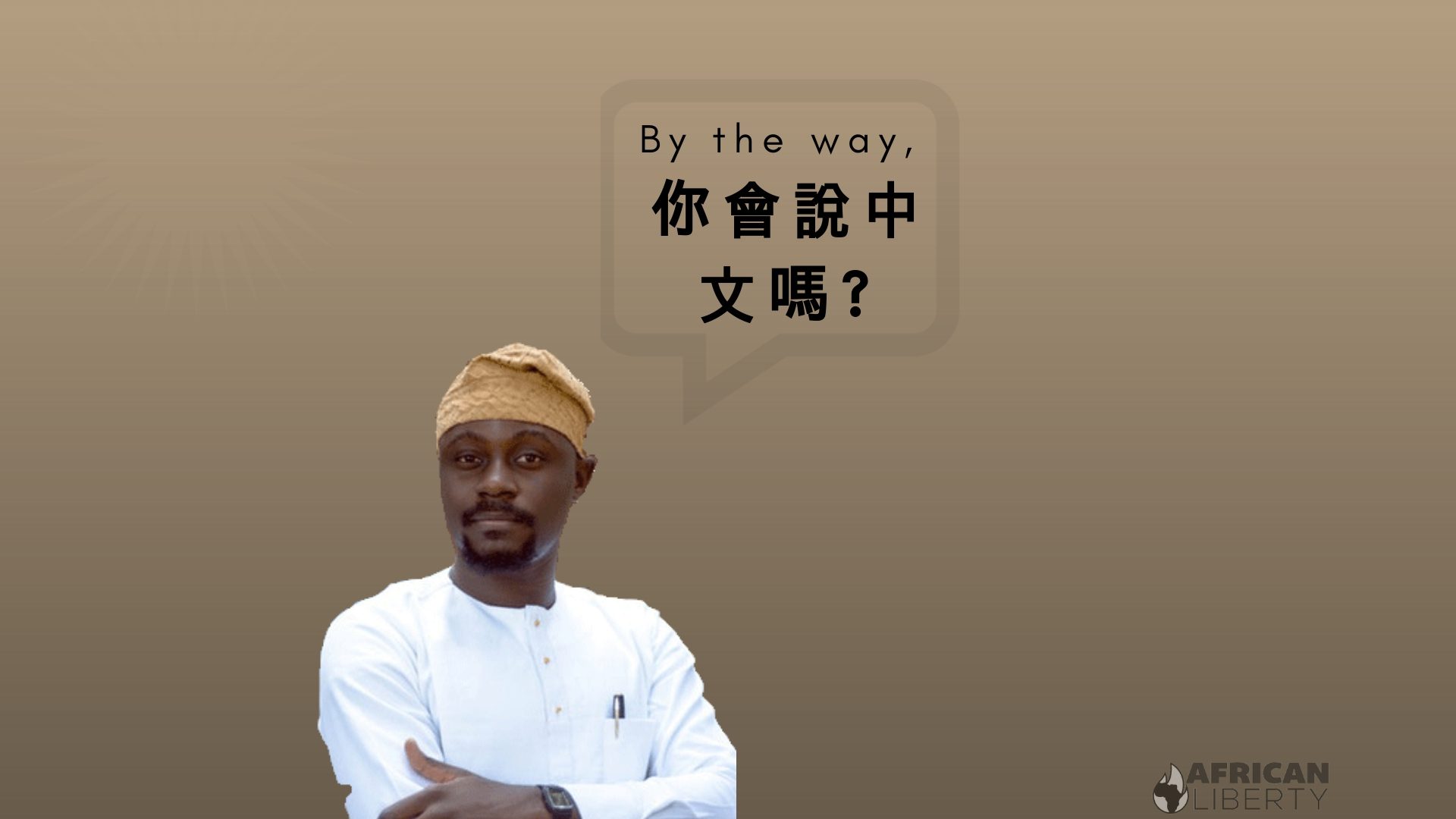Sometime last month, the African media space was agog with anti-Chinese rhetorics in response to China’s unexpected but imminent stern body language on debt servicing by its African beneficiaries. Out of all these, the one thing moderates and critics of the role of China in Africa tend to agree on is the fact that China has a strong strategy to penetrate Africa in all parameters possible, which of course seems to be working well for them.
And as we have come to realize of late, Chinese Mandarin – the world’s most spoken language, also known as Putonghua, could be the next imperial tool in making Africa China’s new language project, if not a colony.
The enormity of China’s presence in Africa cannot be quantified. From multi-million dollar mega projects to giant stores and development partnerships with governments across all levels announced almost every other week, China is unarguably a formidable part of the African life – either we take it or leave it.
How Big is the ‘Big China’?
However, while some view China as a problem, as opposed to a development partner with good intentions, the emerging reality is that we are in the Chinese era of global domination. Already, China is Africa’s top trading partner with vast investments in key industries like construction, manufacturing, mining, and agriculture. More so, bilateral trade agreements between the two in an effort to rapidly usher Africa’s industrialization has led to about $3.2 billion dollars in Chinese investments across Africa in 2016 alone.
As a result, this commercial and aid interaction is opening new prospects for cultural integration between the two, most notably the possible adoption of the Mandarin by some of China’s closest partners in Africa. Mandarin, as we know, is more than the official language of China, rather, it is one of the four official languages of Singapore, and one of the eight official languages of the United Nations and the International Crime Court. It is that important nowadays.
[perfectpullquote align=”right” bordertop=”false” cite=”” link=”” color=”” class=”” size=””]There are presently 48 Confucius Institutes and about 400 teaching centers in more than 30 African countries.[/perfectpullquote]
This outrightly makes it the largest of the seven – or ten – Chinese dialect groups, spoken by 70 percent of the Chinese population, and the most sorted after language in international trade after English.
For example, in the recent Power Language Index, a study of languages that uses 20 indicators to measure the influence of a language and its usefulness, Mandarin was ranked the second most powerful language in the world. Only preceded by English.
Africa on the Mandarin Train Already
According to some reports, there are presently 48 Confucius Institutes and about 400 teaching centers in more than 30 African countries. The University of Botswana, for instance, has started offering bachelor’s degree programs in Chinese Studies and linguistics. The University also houses a Confucius Institute that started operation in 2009 and reported to have graduated more than 4,700 students. This is of great significance as Botswana is one of Africa’s most open economies with a strong projection for the coming years.
[perfectpullquote align=”right” bordertop=”false” cite=”” link=”” color=”” class=”” size=””]There are also some 200,000 lawful African residents in China as of present, many of whom are required to be fluent in Mandarin as a prerequisite to graduate a degree or get a job in the country.[/perfectpullquote]
More interesting is the study by the UNESCO, which ranked China as the second top destination for African students studying abroad after France. There are also some 200,000 lawful African residents in China as of present, many of whom are required to be fluent in Mandarin as a prerequisite to graduate a degree or get a job in the country. This also makes Africa one of the communities with high integration into the Chinese social and cultural system.
Likewise, there are almost a million Chinese citizens living across different cities in Africa flourishing in business, engineering, and academics. But while there are the many skeptics about the future of China-Africa relations, maybe we should all consider taking a chill and look at the opportunities in development on the one hand, and the benefits of cultural integration on the other hand.
Obviously, China is the biggest player in the international market, we know that, so why should it be difficult to learn its language? If Africa seriously wishes to kill the giant that is, ‘development challenges’, then it has no other option but to walk with the giant-killer itself, which in this case, is China.
Bantle Tibe is an economist from Botswana. She speaks Mandarin and French and very passionate about Africa’s social and economic prospects.

